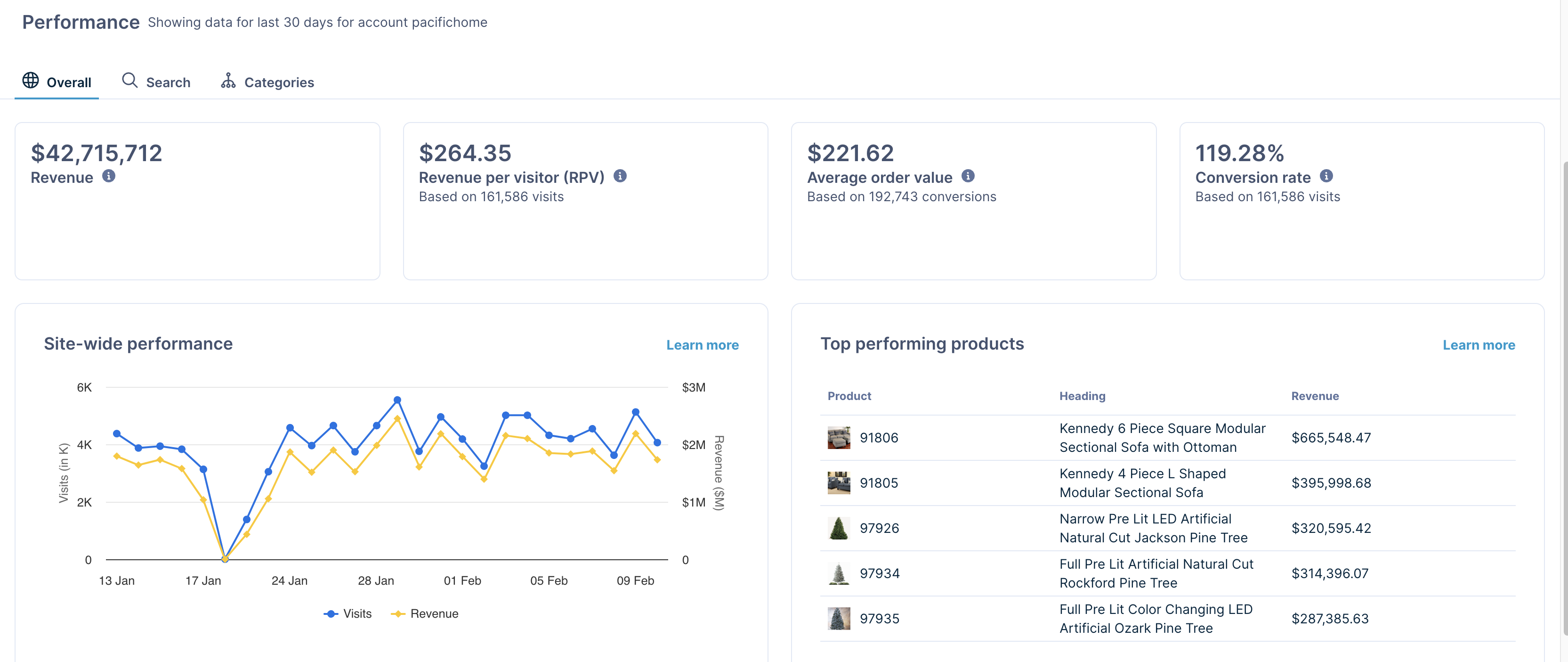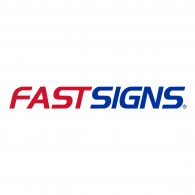Alternatives to Constructor.io
1. Algolia AI Search & Discovery
+Pros
- Proven AI Capabilities deliver measurable business impact across diverse customer implementations.
- Enterprise-Scale Performance handles complex requirements like Central Department Store's 69-million product catalog with multi-language support.
- Rapid Implementation Potential enables quick value realization when technical infrastructure exists.
- Multi-Language Excellence successfully handles complex tokenization challenges, including Thai language queries for Central Department Store.
-Cons
- Usage-Based Pricing Challenges may become prohibitive for high-traffic retailers with limited search monetization.
- Vendor Dependency Risks arise from proprietary algorithms that create switching costs and limit long-term flexibility.
- Implementation Complexity Variability ranges from rapid deployments to extensive custom development requirements.
- Over-Engineering for Basic Needs may make Algolia excessive for organizations with simple search requirements.
One highlighted feature and why it's amazing
Combines vector and keyword search with contextual understanding that goes beyond traditional keyword matching. This proprietary system interprets user intent through behavioral analysis, enabling Everlane to reduce "no results" searches by 45% while improving click-through rates .

Another highlighted feature of why it’s amazing
Automates product positioning based on real-time behavioral data and popularity trends rather than static merchandising rules. Central Department Store experienced dramatic efficiency gains, with merchandising setup time decreasing from "hours or days to five minutes" while doubling conversions .
2. Bloomreach Discovery
+Pros
- Commerce-Specific AI Expertise with Loomi AI engine trained on over 14 years of commerce data.
- Proven Performance Results with consistent value delivery across diverse customer implementations.
- Enterprise-Scale Technical Architecture with server-side execution and 24/7 enterprise SLA coverage.
- Automated Merchandising Capabilities reducing manual operational tasks by 30-50%.
-Cons
- Implementation Complexity with enterprise deployments requiring 20+ weeks for custom Java integrations.
- Pricing Volatility Concerns with unexpected price changes during contract periods.
- Limited Front-End Flexibility compared to alternatives like Algolia.
- Reliability Risks with documented outages during holiday code freezes.
One highlighted feature and why it's amazing
Uses natural language processing to interpret contextual queries, successfully distinguishing between similar terms like 'dress shirt' versus 'shirt dress'.

Another highlighted feature of why it’s amazing
Combines real-time user behavior with historical data to dynamically adjust search results and category pages for individual users.
3. FastSimon
+Pros
- Visual commerce specialization with multimodal search capabilities.
- Proven customer success with measurable business impact.
- Integrated analytics dashboard combining search optimization with merchandising performance visibility.
-Cons
- Technical stability concerns with user reports of intermittent indexing failures.
- Limited B2B market validation beyond AmerCareRoyal's implementation.
- Pricing structure constraints for early-stage businesses with the free plan's 100 session monthly limit.
One highlighted feature and why it's amazing
Combines vector-based image recognition with natural language processing to enable both text-based and visual product discovery.

Another highlighted feature of why it’s amazing
Employs convolutional neural networks to automatically categorize products without manual intervention.
Other Alternatives
Octane AI Quiz Platform
Rebuy Smart Cart
Searchspring
Syte Visual AI
How We Researched This Guide
About This Guide: This comprehensive analysis is based on extensive competitive intelligence and real-world implementation data from leading AI vendors. StayModern updates this guide quarterly to reflect market developments and vendor performance changes.
219+ verified sources per analysis including official documentation, customer reviews, analyst reports, and industry publications.
- • Vendor documentation & whitepapers
- • Customer testimonials & case studies
- • Third-party analyst assessments
- • Industry benchmarking reports
Standardized assessment framework across 8 key dimensions for objective comparison.
- • Technology capabilities & architecture
- • Market position & customer evidence
- • Implementation experience & support
- • Pricing value & competitive position
Research is refreshed every 90 days to capture market changes and new vendor capabilities.
- • New product releases & features
- • Market positioning changes
- • Customer feedback integration
- • Competitive landscape shifts
Every claim is source-linked with direct citations to original materials for verification.
- • Clickable citation links
- • Original source attribution
- • Date stamps for currency
- • Quality score validation
Analysis follows systematic research protocols with consistent evaluation frameworks.
- • Standardized assessment criteria
- • Multi-source verification process
- • Consistent evaluation methodology
- • Quality assurance protocols
Buyer-focused analysis with transparent methodology and factual accuracy commitment.
- • Objective comparative analysis
- • Transparent research methodology
- • Factual accuracy commitment
- • Continuous quality improvement
Quality Commitment: If you find any inaccuracies in our analysis on this page, please contact us at research@staymodern.ai. We're committed to maintaining the highest standards of research integrity and will investigate and correct any issues promptly.